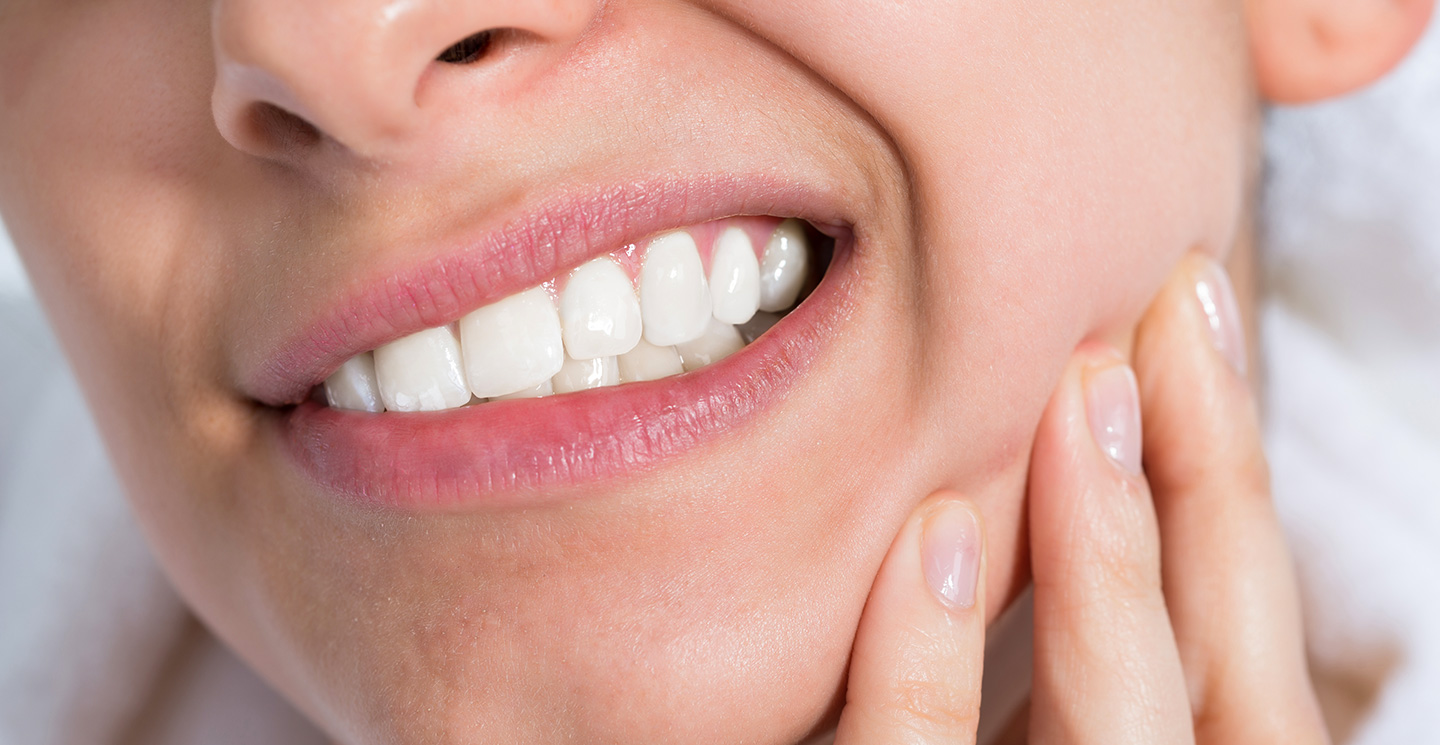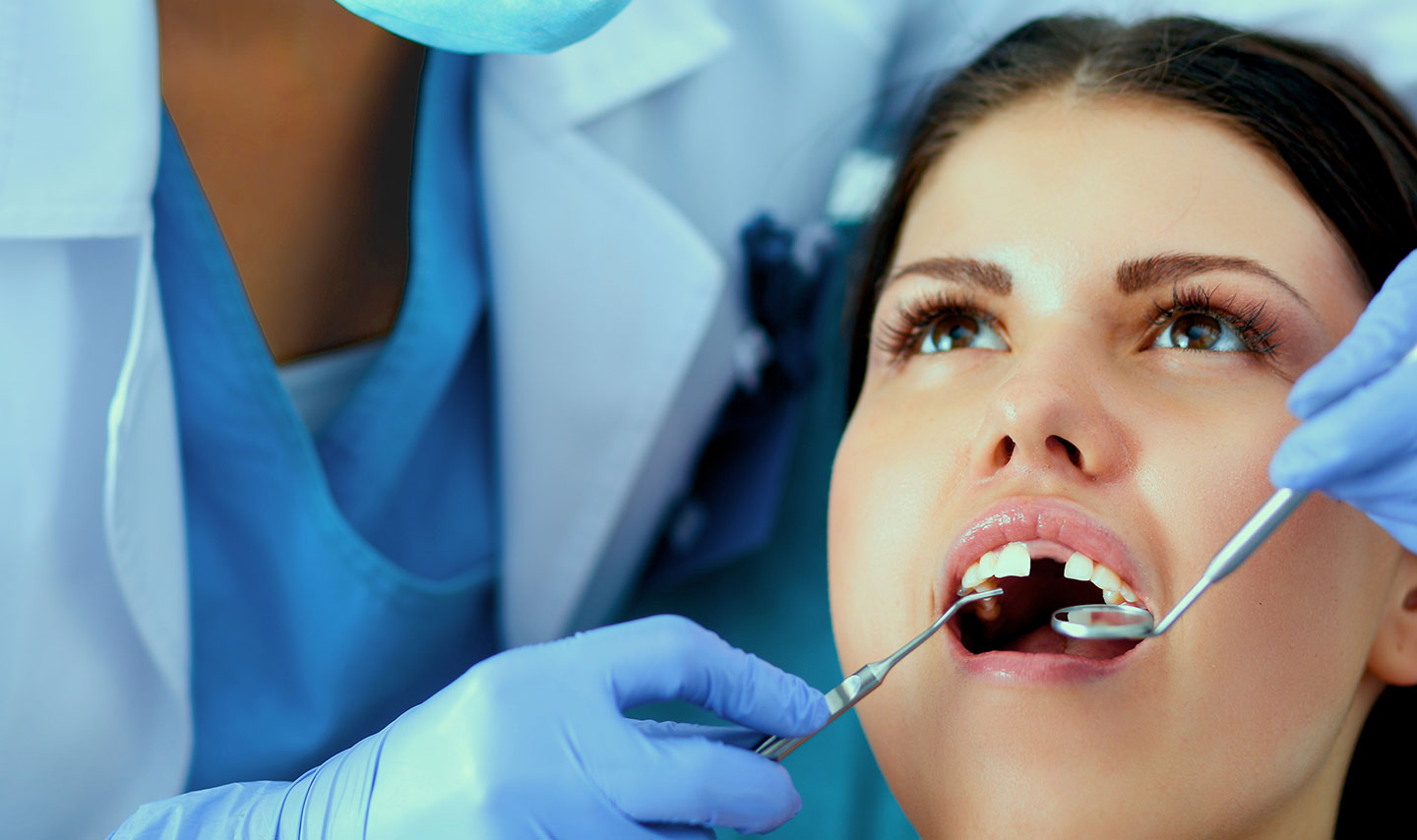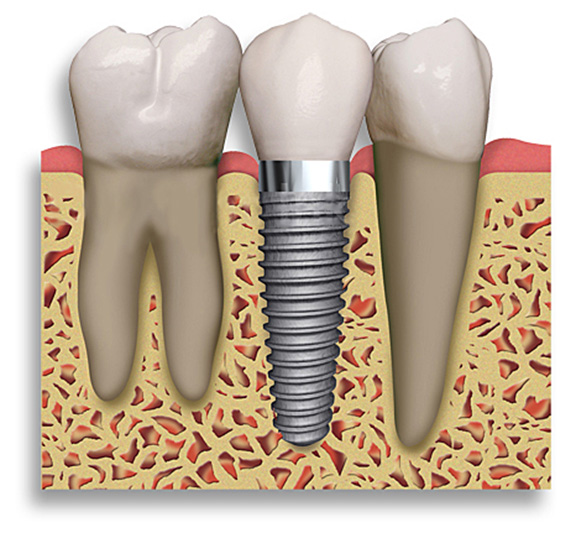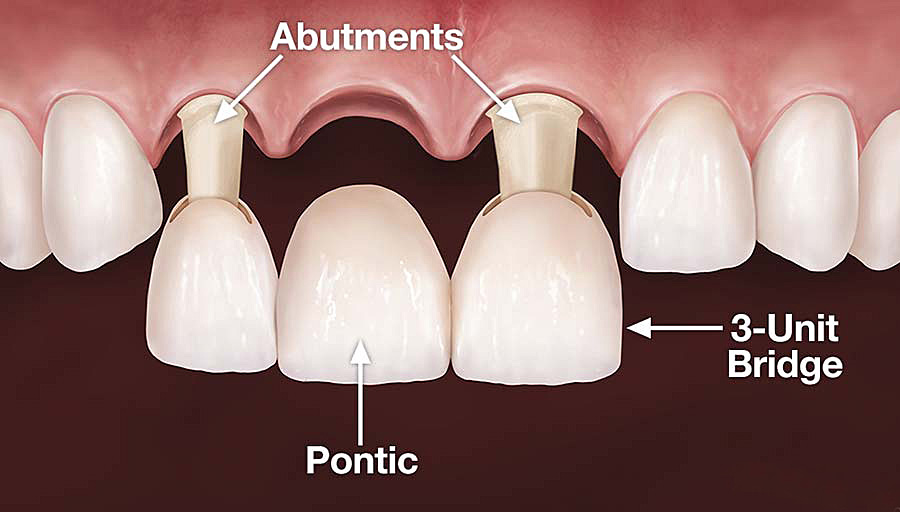Tooth sensitivity occurs when the enamel that protects our teeth gets thinner and exposes the underlying surface, known as dentin, reducing the protection the enamel and gums provide to the tooth and root causing pain. In healthy teeth, enamel protects this underlying layer of dentin, which is softer than enamel. The tooth roots are protected by gums. But if the enamel is worn down or if the gum line has receded, then the dentin becomes exposed. Cavities, cracked teeth, gum recession, enamel, and root erosion can all cause the dentin to be exposed. There are many types of treatment available to combat teeth sensitivity, but research shows that no single treatment option works for everyone. Rather a diagnosis of the reason for the sensitivity by your dentist is essential before treating tooth sensitivity. To combat sensitive teeth check out the video and try the listed options.
1. Don’t Brush Too Hard – Use a Softer Toothbrush
It’s possible that your tooth sensitivity comes from brushing with too much force or using a hard-bristled toothbrush. When you do this over time, you can wear down the protective layers of your teeth and expose dental nerves. When these nerves are exposed tooth sensitivity and discomfort can result. The simplest solution here is to switch to a softer bristled toothbrush and go a little easier when brushing.
2. Stop Eating Acidic Foods
If the pathways to your nerves are exposed, acidic foods such as tomato sauce, lemon, grapefruit, kiwi, and pickles can cause pain. For some, avoiding these foods can help avoid any tooth discomfort. You may have sensitive teeth if hot, cold, sweet or very acidic foods and drinks bother you. Or if breathing in cold air makes your teeth sensitive. Also watch out for soda, sticky candy, and high-sugar carbs. All of these treats attack our enamel and gums, reducing protection. Instead, snack on fiber-rich fruits and vegetables, cheese, milk, and plain yogurt.
3. Don’t Grind Your Teeth
Even though tooth enamel is the strongest substance in your body, grinding your teeth can wear down the enamel. By doing so, you expose the dentin, or the middle layer of the tooth, which lead directly to your nerves and can cause pain. Ask your dentist about 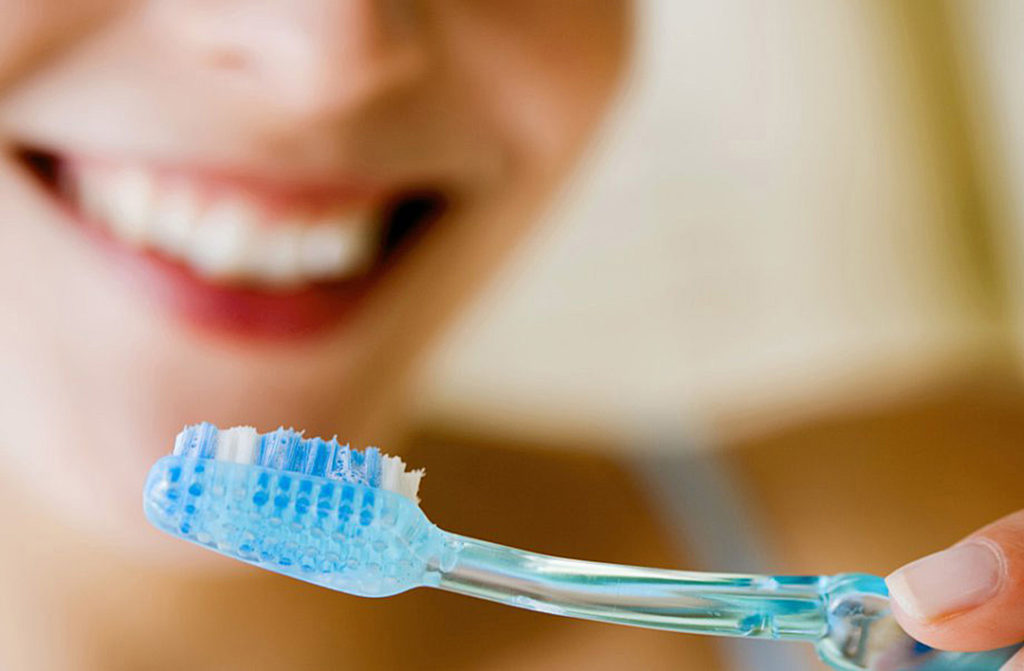 using a mouth guard to stop you from grinding. We have found that the best guards are custom-made to fit your bite.
using a mouth guard to stop you from grinding. We have found that the best guards are custom-made to fit your bite.
4. Stop Using Tooth Whitening Toothpaste and Mouthwash Rinses
Many manufacturers add tooth-whitening chemicals to their toothpaste formulas, and some people are more sensitive to them than others. If your toothpaste contains whitening agents, consider switching to one that doesn’t. Like whitening toothpaste, some over-the-counter mouthwashes and rinses contain alcohol and other chemicals that can make your teeth more sensitive – especially if your dentin’s exposed, as noted earlier. Instead, try neutral fluoride rinses or simply skip the rinse and be more diligent about flossing and brushing.
5. You May Have Gum Disease – See Your Dentist
Receding gums, which are increasingly common with age (especially if you haven’t kept up with your dental health and do not see your dentist on a regular basis), can cause tooth sensitivity. If gum disease or gingivitis is the problem, your dentist will come up with a plan to treat the underlying disease, and may also suggest a procedure to seal your teeth.
6. If You Have a Cracked or Decaying Tooth – See Your Dentist
A chipped or cracked tooth can cause pain that goes beyond tooth sensitivity. Your dentist will need to evaluate your tooth and decide the right course of treatment, such as a crown or an extraction if the root is cracked. As you get older, fillings can weaken and fracture or leak around the edges. It’s easy for bacteria to accumulate in these tiny crevices, which causes acid buildup and enamel breakdown. Be sure to see your dentist if you notice this type of tooth sensitivity.
We Love Helping Our Patients Stay Current With Their Oral Health
By seeing your dentist at least twice a year, you can help prevent any dental health problems before they cause discomfort or require more comprehensive or expensive treatment. Regular visits allow your dentist to monitor your oral health and recommend a dental health regimen to address areas of concern. There’s no time like the present to take control and ensure that your teeth will be beautiful, healthy and strong for years to come. If you’d like to discuss your family’s oral health please contact us at Northgate Dental. We will be happy to help you with any advice we can. Or if you prefer, request a dental appointment instead and we’ll provide a free consultation. Our practice is built around your smile. How can we help?

